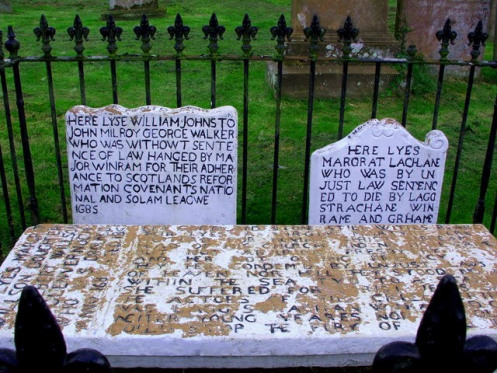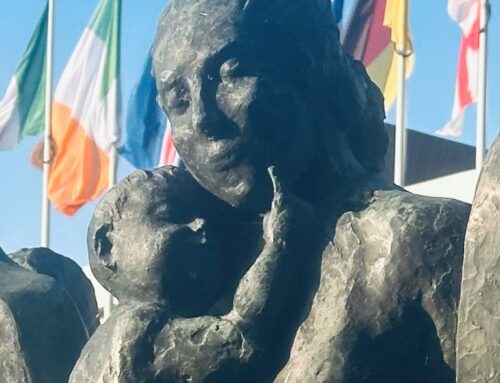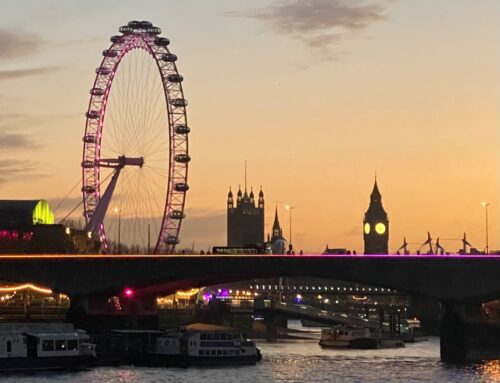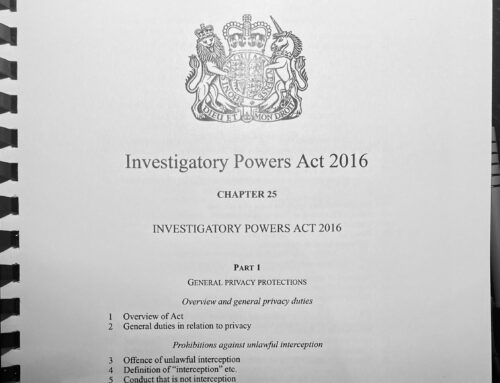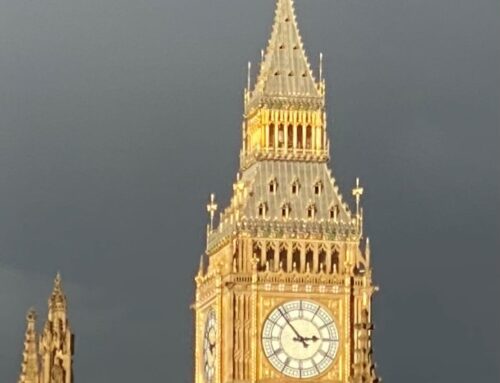Extremism and the Law was the subject of my Middle Temple Treasurer’s Lecture on Monday evening. It was attended by a wonderfully diverse crowd, ranging from Supreme Court Justices to East London sixth-formers who had got to hear about it through The Big Voice, a legal outreach charity.
The lecture is framed by the experience of two extremist brothers of my own family, who as young Covenanters in the 1680s met in one case a martyr’s death and in the other deportation to Jamaica as a slave, followed by a pardon after the Glorious Revolution.
It explores three definitions of extremism, before looking at how the subject is dealt with in statute, in case law and by the European Court of Human Rights. It finishes with two pieces of advice for the Counter-Extremism Commission, which is currently commissioning research and will then formulate proposals:
When it comes to recommending new offences or other coercive measures, work with the grain of what is already there: just because extremism is a word does not mean that it is a useful legal concept.
Embrace unapologetically a human rights culture which not only guarantees the freedoms of conscience, speech and assembly, but acknowledges that intolerance for those freedoms is unacceptable.
You can read the lecture here.

